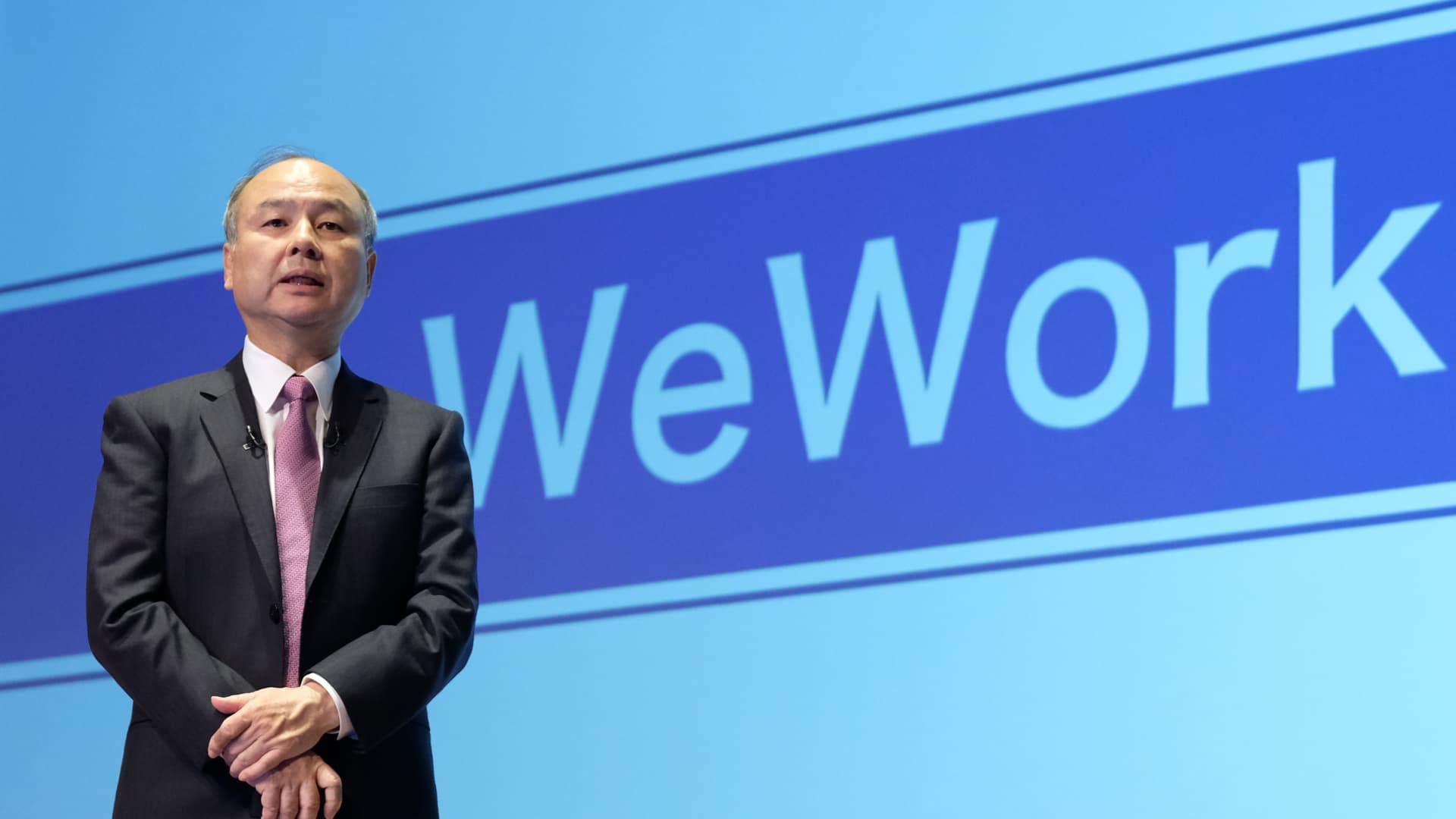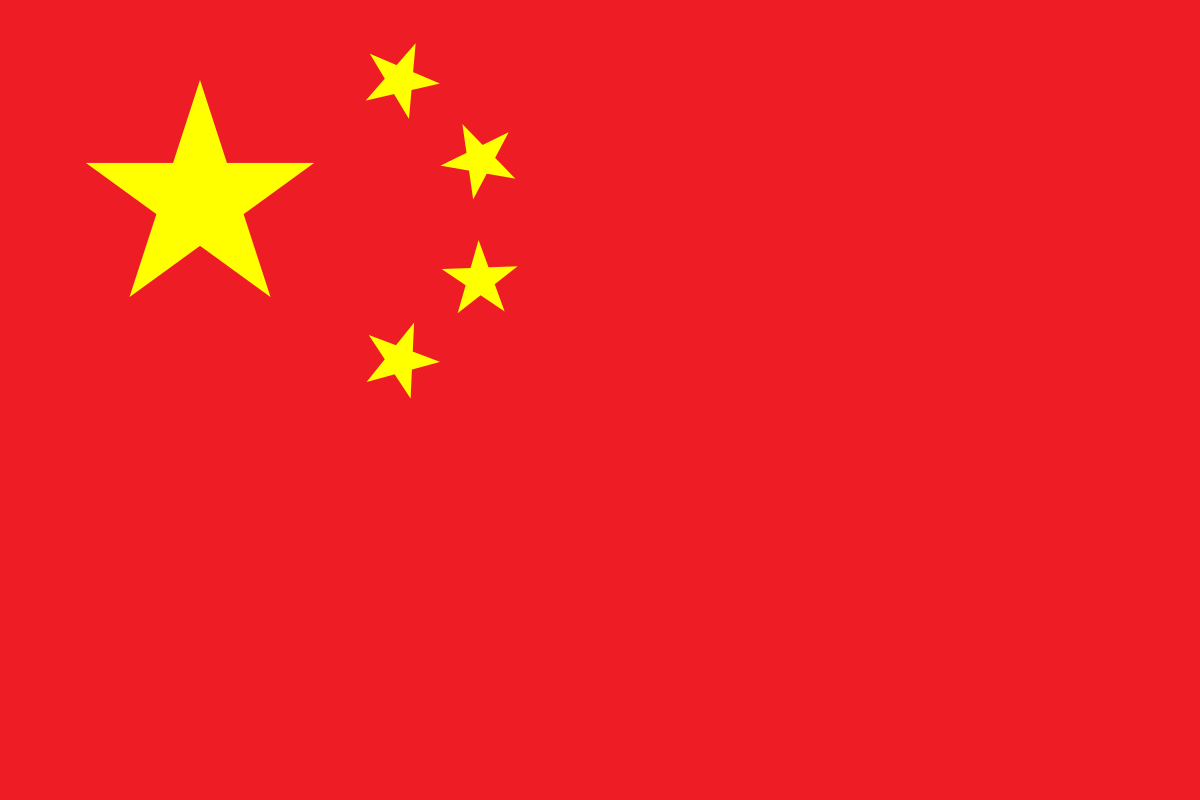We've failed pretty hard in finding a replacement for the paradigm around silicon transistors for the last 2 decades
You're confusing the industries collective buy in on CMOS silicon with it being the only technology in town.
Even now there are better materials used for various things.
Silicon Carbide and III-V materials for power electronics is one salient example.
In this regard regular silicon gets left in the dust for extremely power dense applications like electric vehicles which have been pushing greater and greater power density per kilogram for the past decade.
Whether they already get used in PC power electronics I don't know, but I would be surprised if not in the future considering even <1KW PSU's still need cooling today, to say nothing of voltage control circuitry on graphics cards and such.
With the ATX12VO standard requiring more power circuitry on the mobo we may see some movement there too.
The military and NASA also use III-V materials for various things because it gives better performance despite cost. This extra cost is a combination of both materials and the economies of scale relating to the difference in investment between silicon and III-V materials.
These materials especially find use in electro optical (optical IO) components as silicon does not at all perform well in these applications.
Germanium also has potential both on its own and hybridised with silicon.
The oft used buzz word is graphene, but due to mechanical difficulties (zig zag patterns, nature is weird) in processing semiconducting graphene it has more potential IMHO for metal layer circuitry on a node, as copper is also not scaling well at this point either.
In general no single material is a king of all trades replacement for silicon at the moment, and cannot be until massive investment has been made in a potential successor - the likely outcome is a short term hybrid replacement material after some decision has been made about the best direction to pursue on a more radical future device and materials.
My personal bet would be on some variant of spin wave logic there, it can process multiple wave frequencies at once - essentially allowing for multi computation logic gates, which could be a nice win for density on top of the likely logic die stacking or monolithic 3D layering that will come from any spintronic move.
Vertical density has to be a significant consideration for next gen technologies as area scaling basically runs dry.






